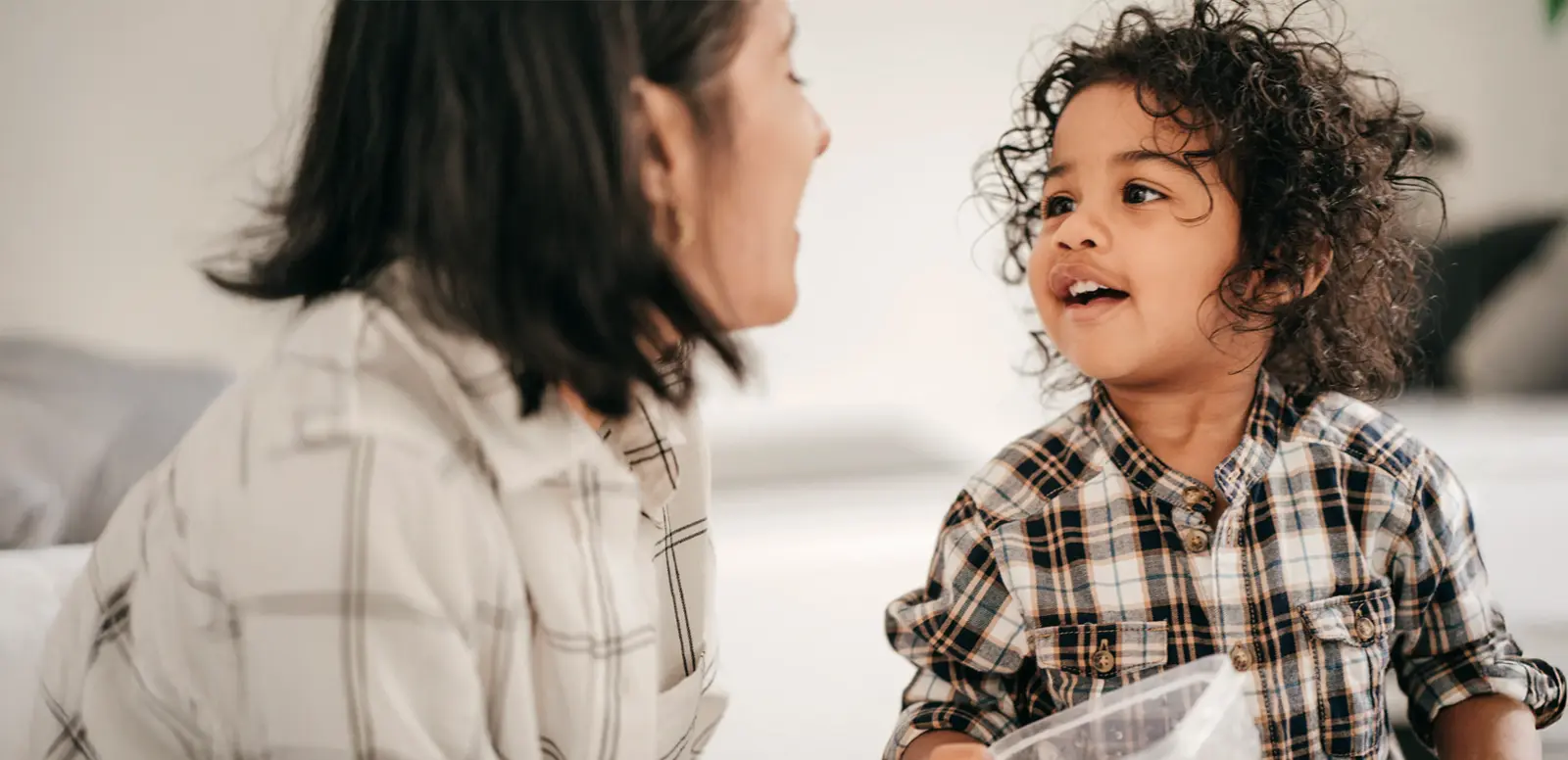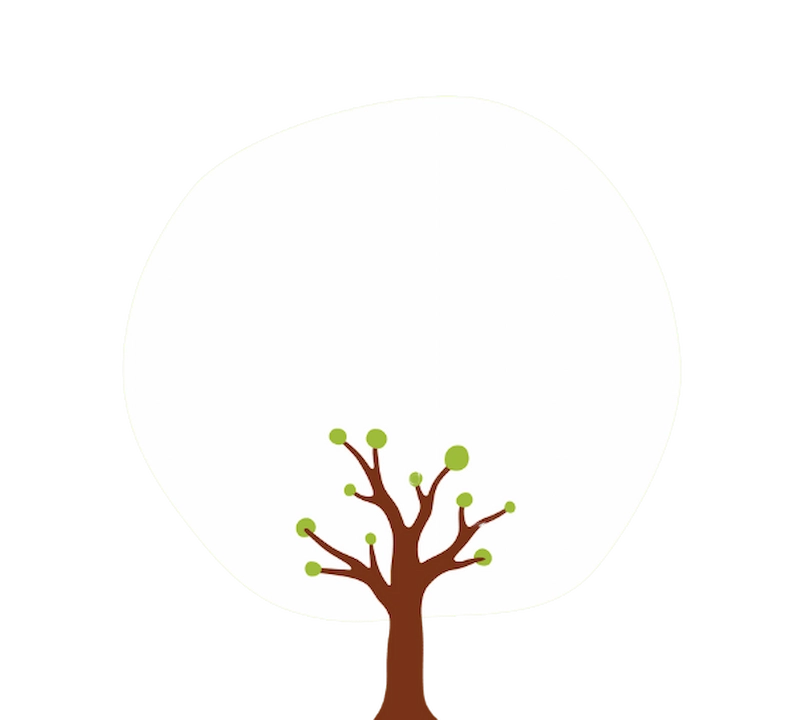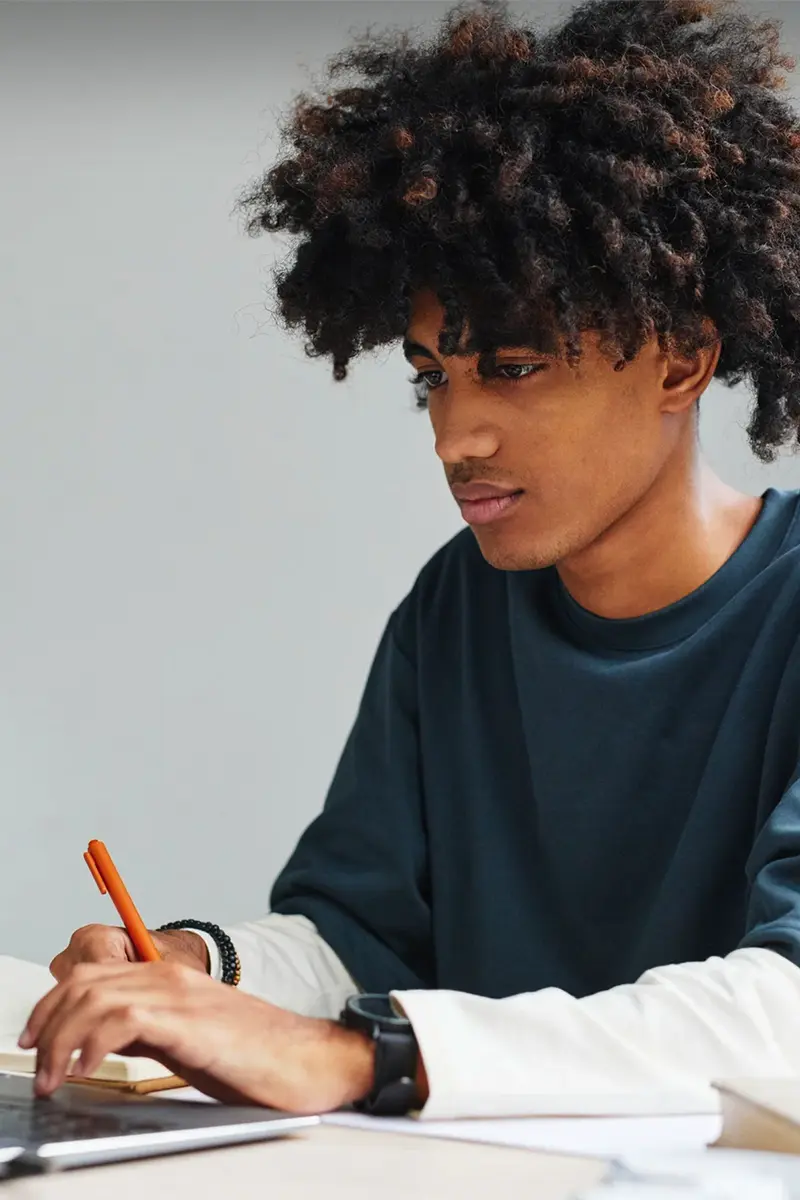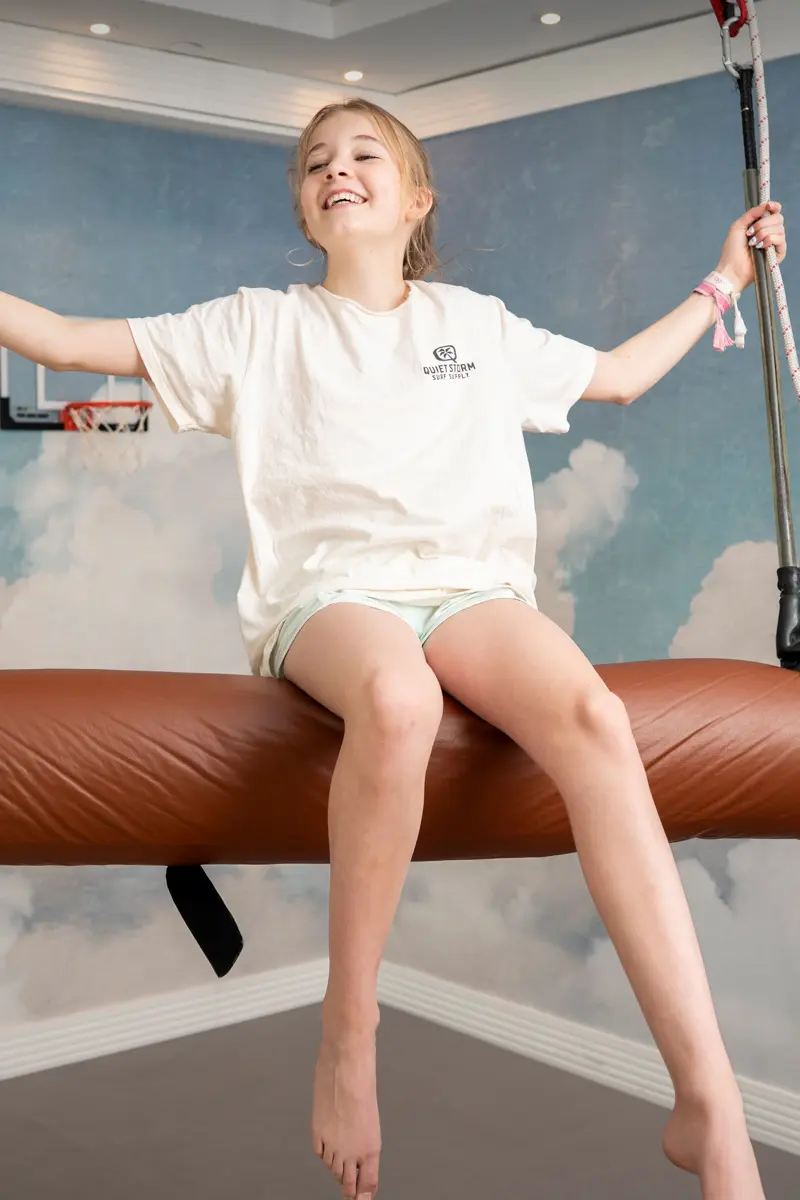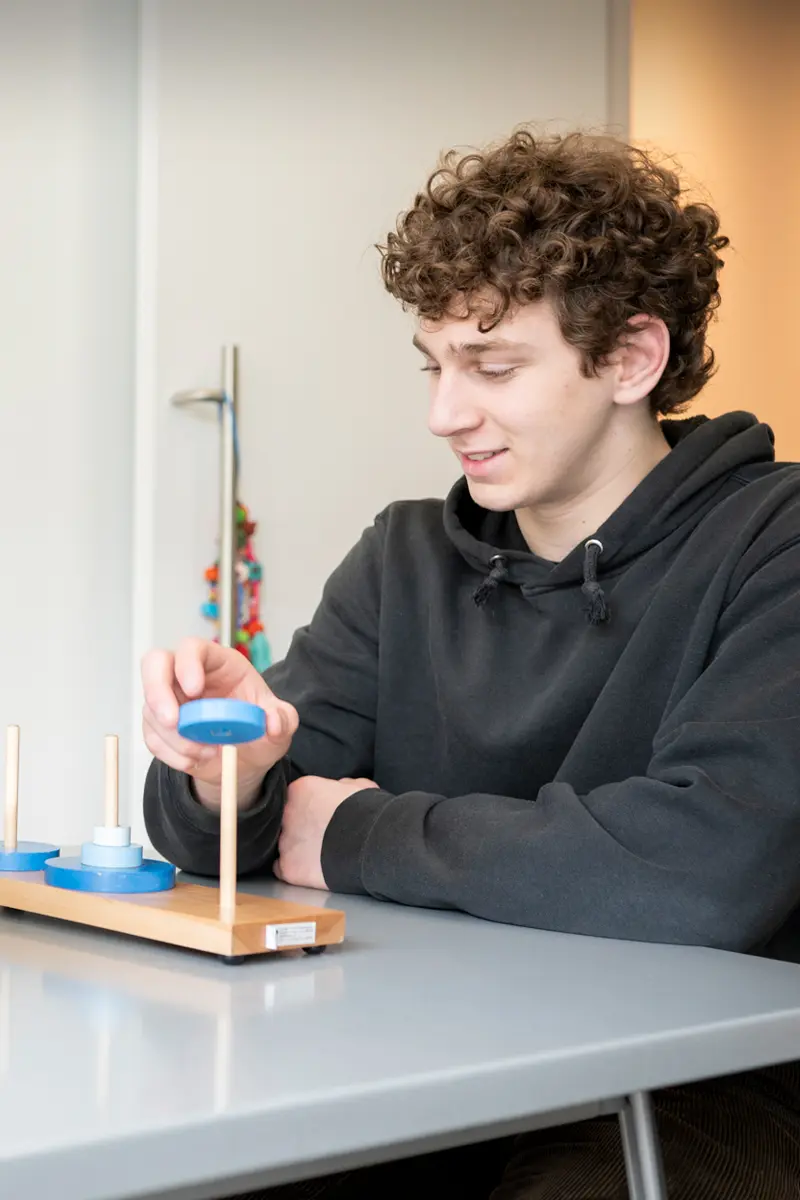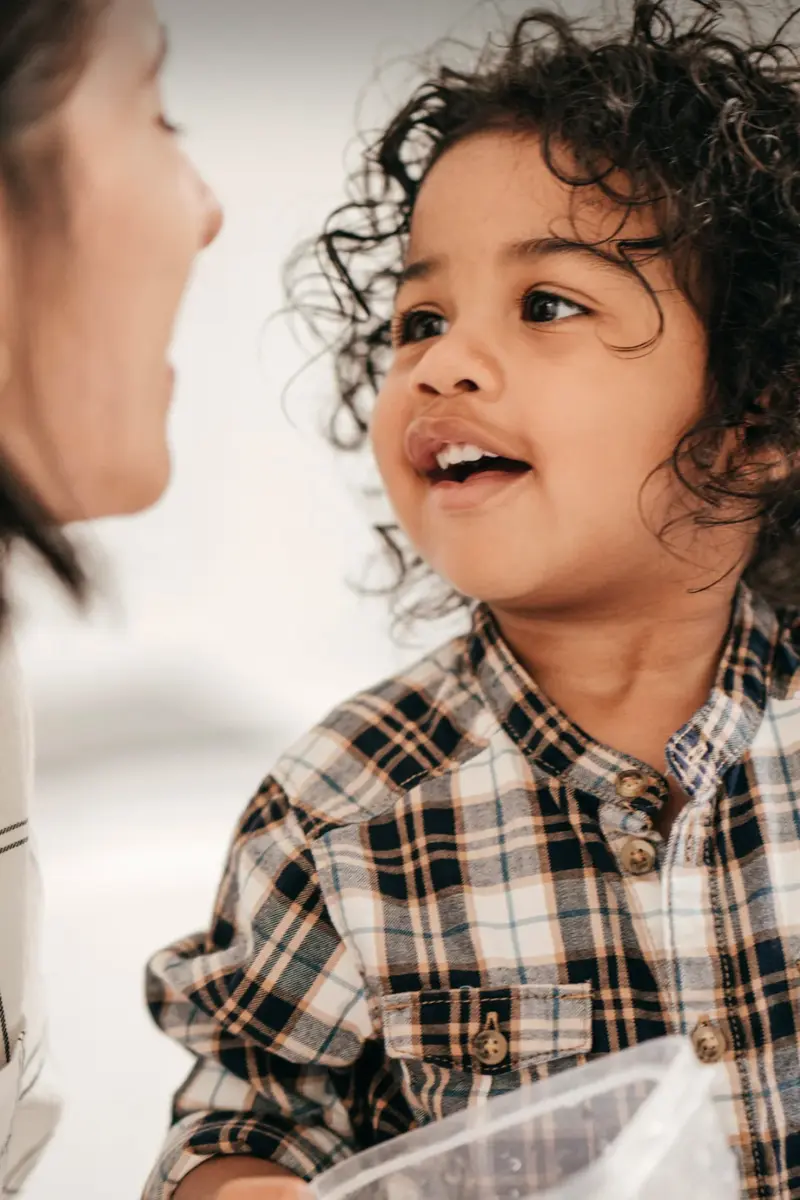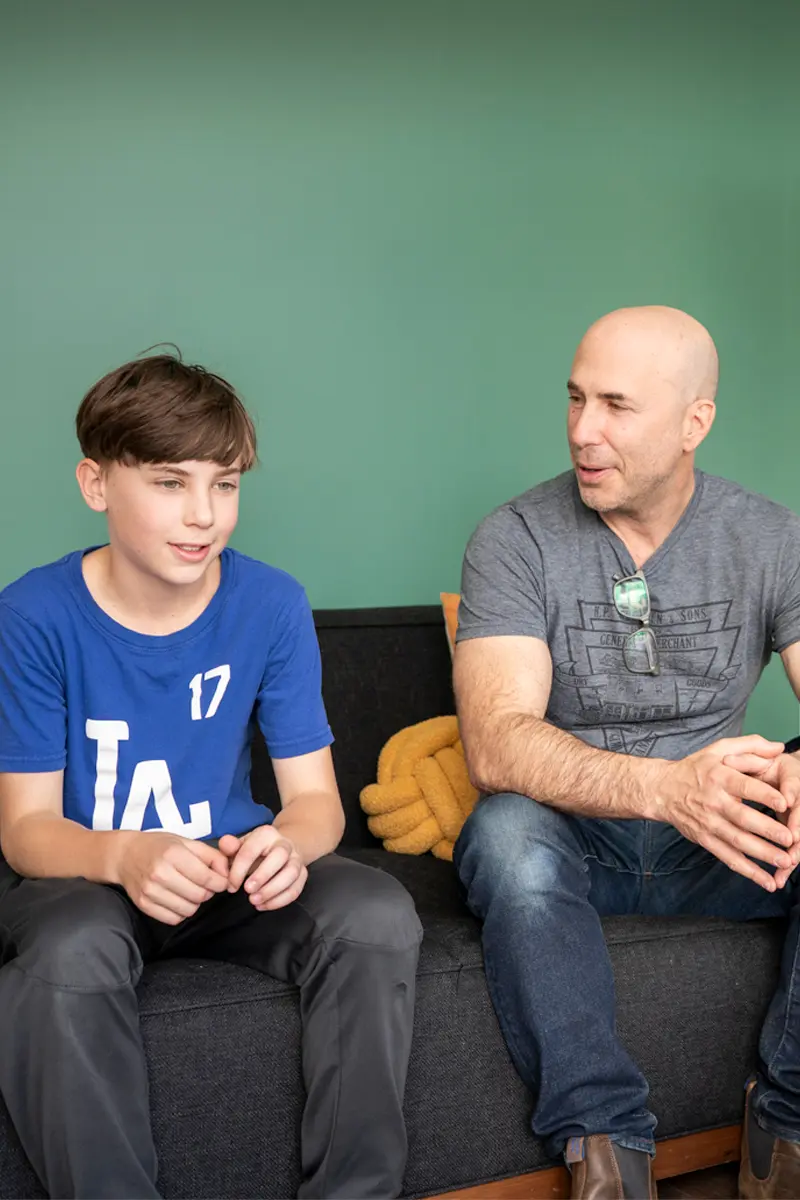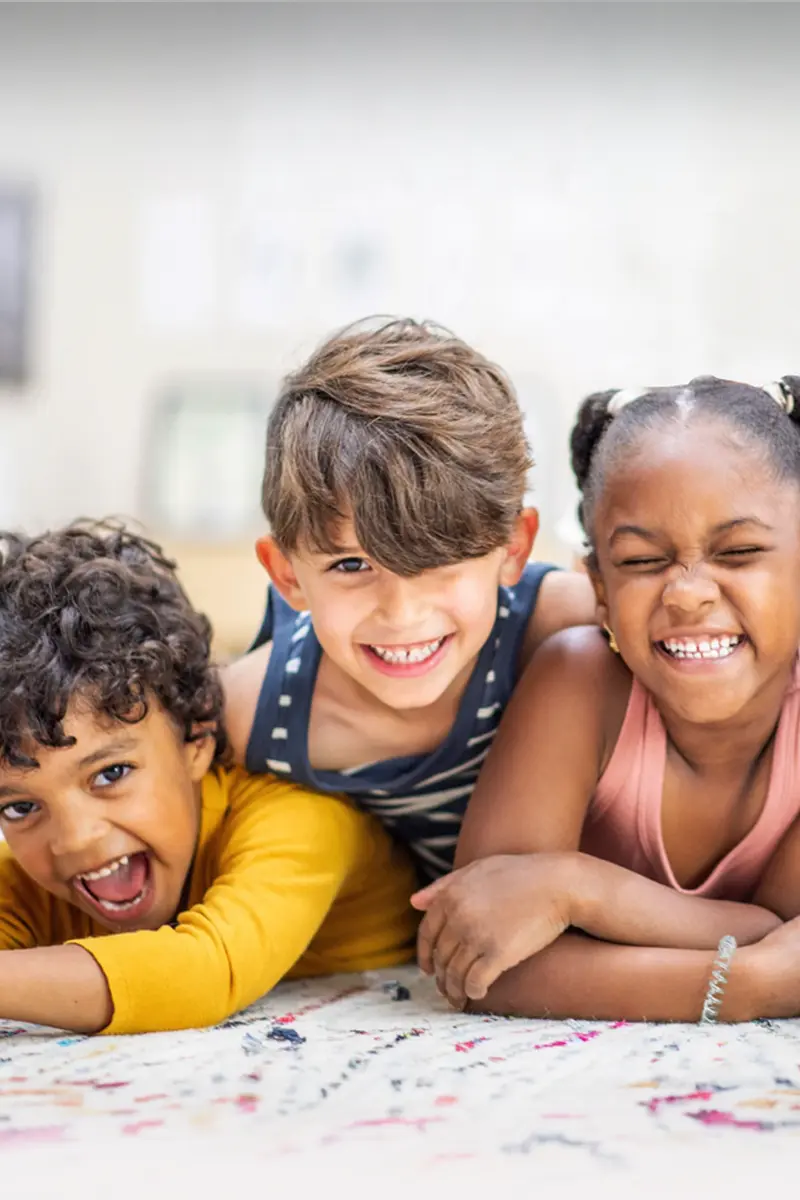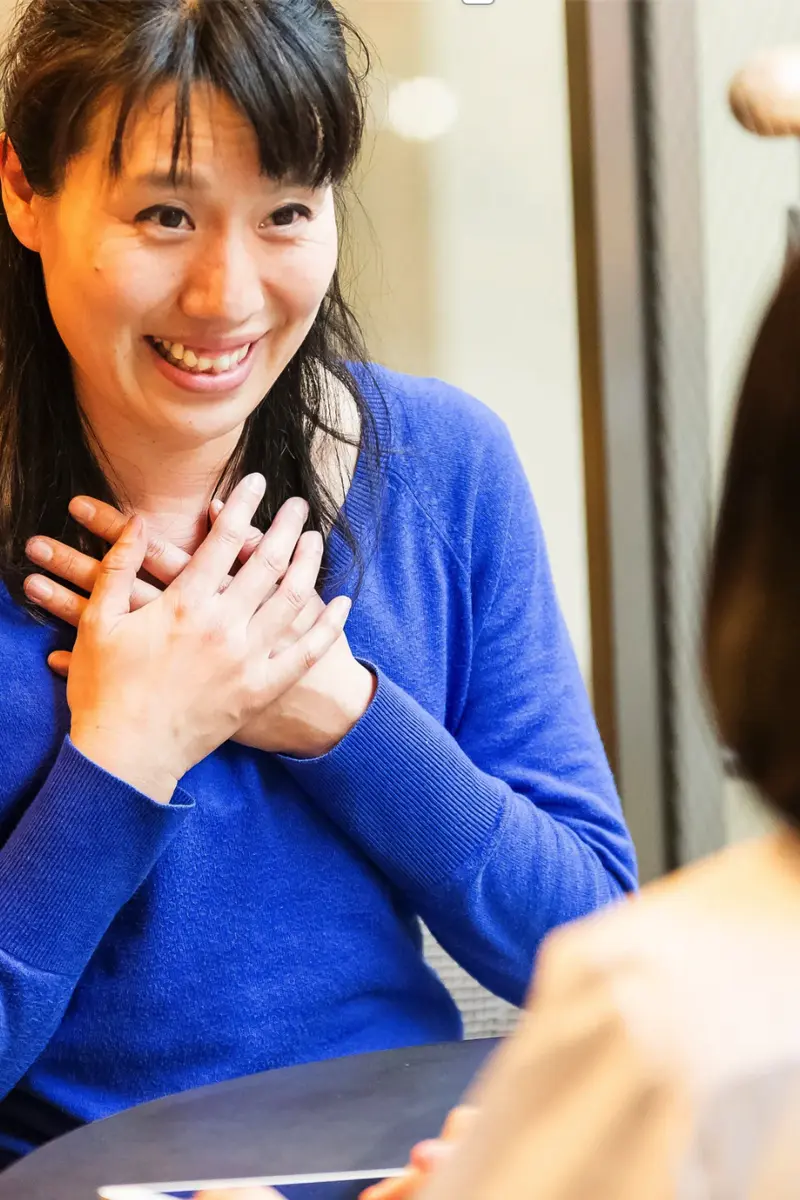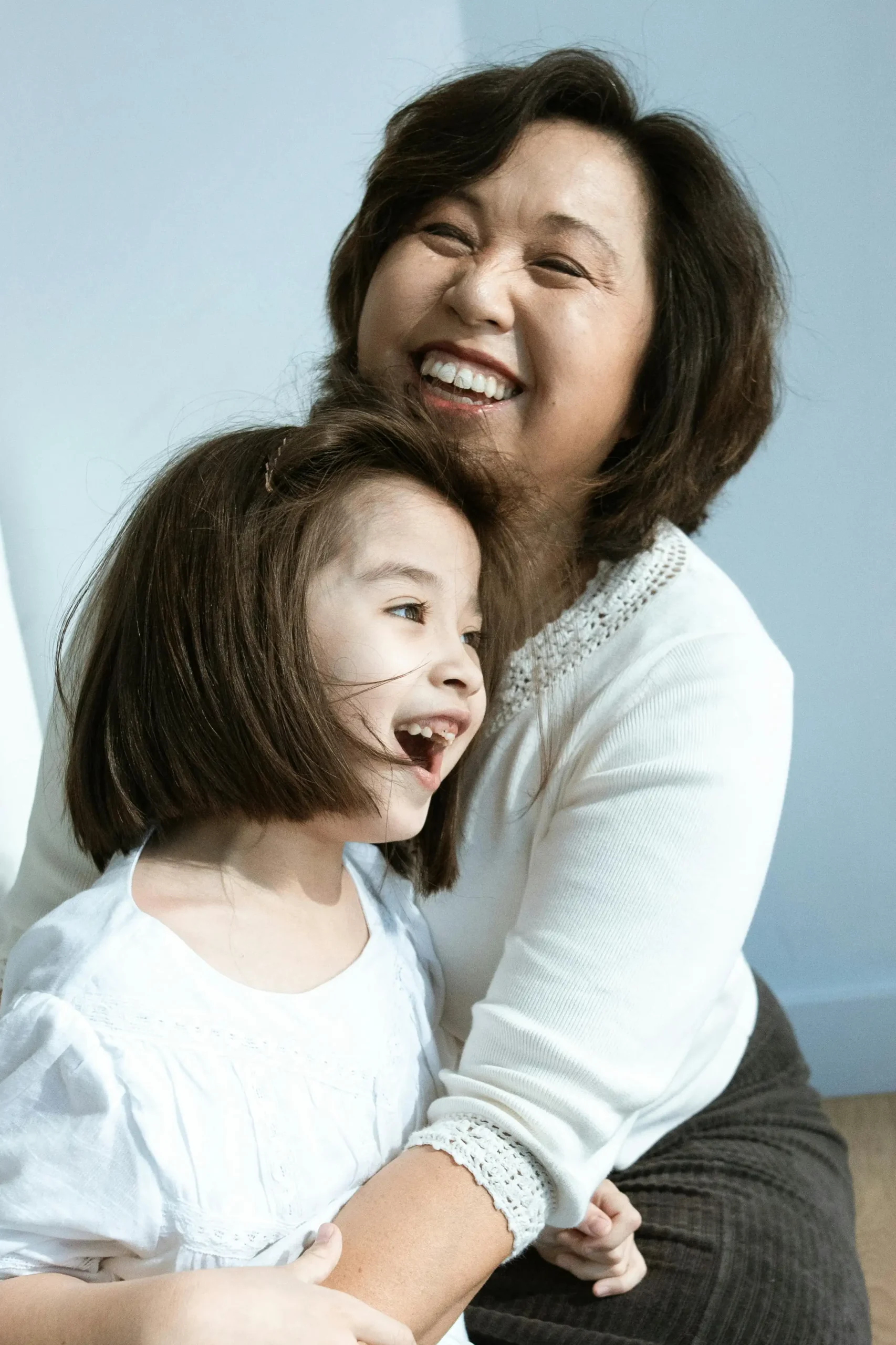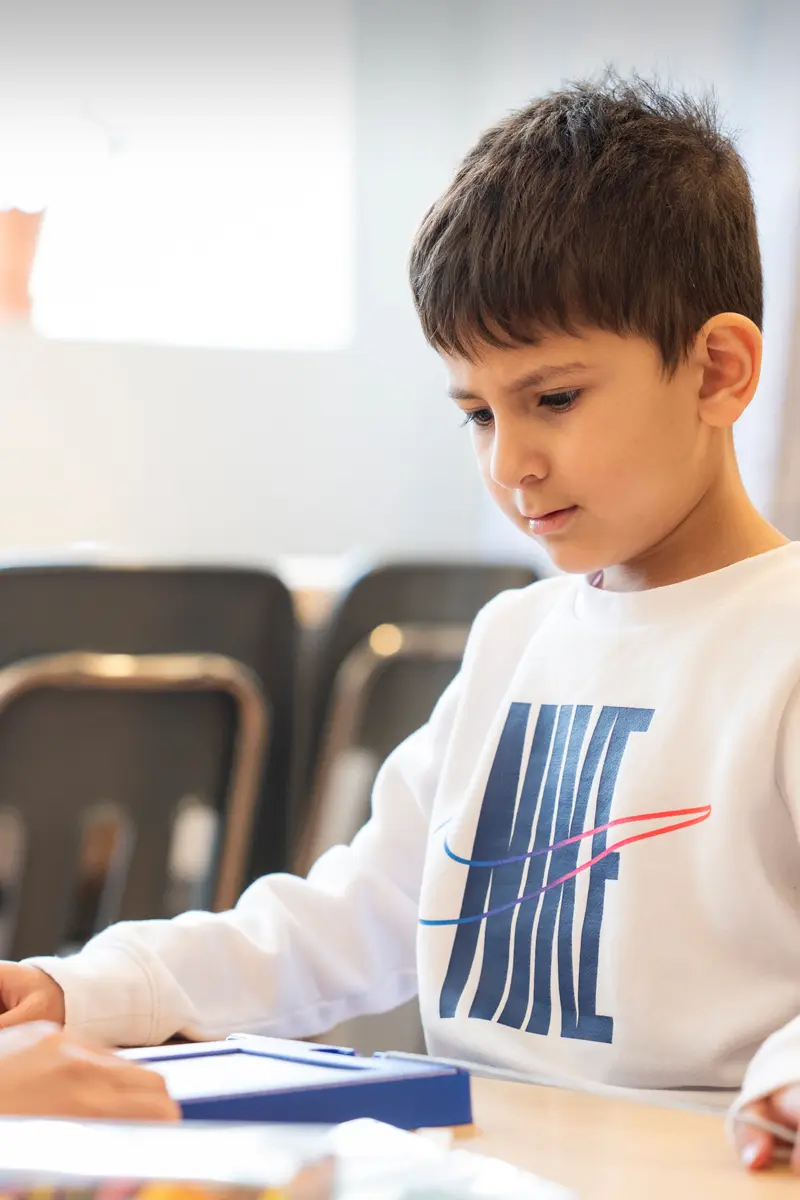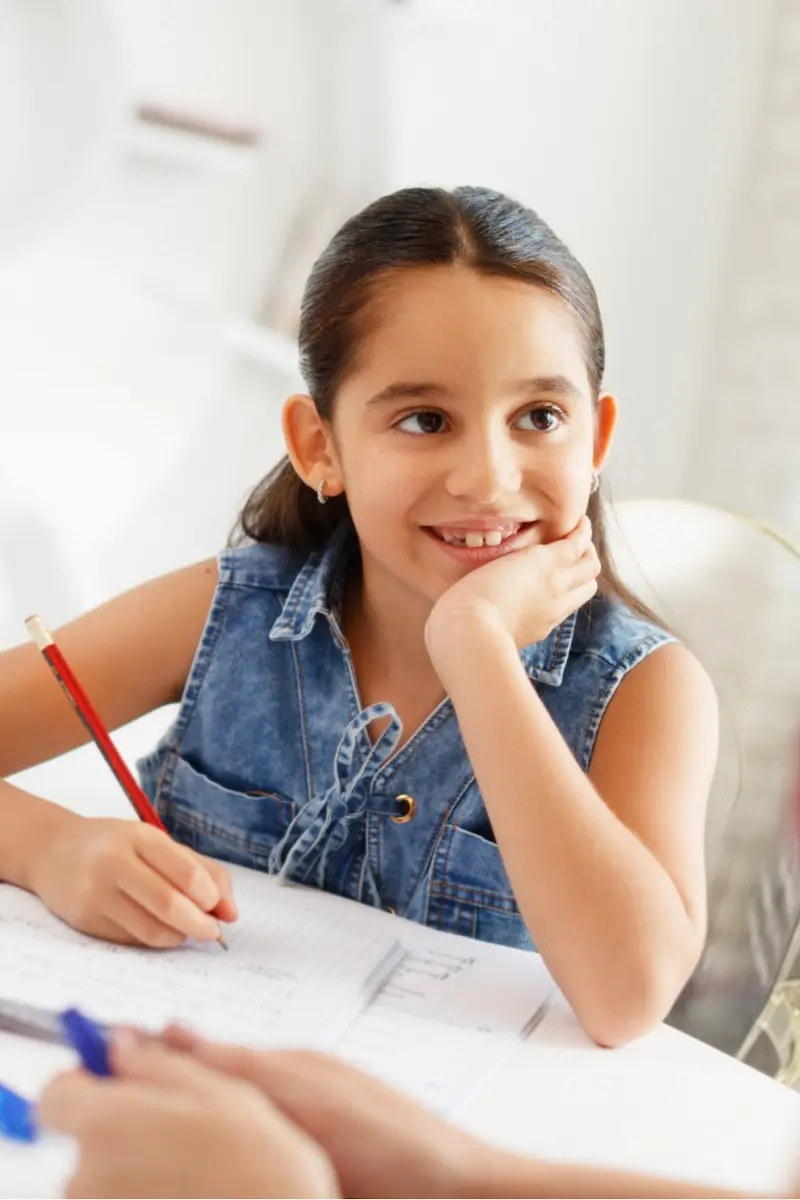What is social communication therapy?
Social communication therapy helps kids, teens, and young adults build the skills they need to connect with others in authentic and positive ways. This may include understanding social cues, taking turns in conversation, seeing another’s perspective, and joining shared activities.
Therapy can focus on:
- Conversation skills (starting, continuing, or ending conversations; staying on topic; reciprocity)
- Play and cooperation (turn-taking, sharing, problem-solving together)
- Non-verbal communication (tone of voice, facial expressions, body language, personal space)
- Recognizing and expressing emotions in oneself and others
- Perspective-taking and flexible thinking
- Managing big feelings in social settings
- Conflict resolution and self-advocacy
- Adapting communication for online and in-person interactions
If your child has difficulty making friends, navigating group activities, or understanding social rules, social communication therapy can help.
“It’s painful to see my child struggle in social situations.”
Get social communication supportSocial communication therapy at Red Oak
At Red Oak, we take a strengths-based, neurodiversity-affirming approach. We don’t see differences in communication as deficits, but as unique ways of connecting. Our goal is to help children, teens, and young adults build social communication skills in ways that feel authentic, respectful, and empowering.
Whether your child needs support with cooperative play, conversational skills, interpreting non-verbal cues, or managing emotions in social settings, we work with them — and with you — to build confidence and connection.
Do I need ADHD or another diagnosis to access social communication therapy services?
No, you do not need a diagnosis (or a referral) to access services at Red Oak. Our approach is centered around meeting you and your family where you are at. We provide support that’s truly aligned with your needs, regardless of whether or not you have a formal diagnosis.
Social communication therapy approaches
Depending upon the nature of your child’s needs, social communication support at Red Oak is provided by either a speech-language pathologist (SLPs) or occupational therapist (OTs).
Types of group therapy
In addition to our one-to-one social communication support, we offer dyads and small group support.
Dyads
Two clients are purposefully paired based on shared goals and developmental stage. Dyads allow for customized, flexible sessions that blend individualization with peer practice.
Small groups
Small groups of four to six participants give kids and teens a chance to practice skills in real-world contexts with peers. These sessions help build confidence, support collaboration, and reinforce strategies learned in individual therapy.
Many of our groups are designed to help children build and practice social skills in supportive and engaging ways.
Explore our current group sessionsSocial communication therapy for young children
Focus on foundational skills like turn-taking, reciprocal play, shared attention, and expressing feelings.
Social communication therapy for children
Support for conversation skills, cooperative play, perspective-taking, and reading everyday social cues.
Social communication therapy for teens
Guidance for navigating complex peer relationships, group dynamics, self-advocacy, and emotional expression.
Our social communication therapy team
Meet our occupational therapists and speech-language pathologists who deliver social communication therapy
